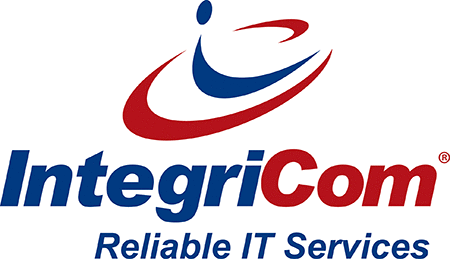Having strong passwords and practicing good password management is crucial for online security. Here are some best practices to help users create strong passwords and manage them effectively:
1. Use a Password Manager
- A password manager is a secure tool that can generate, store, and autofill complex passwords for your accounts. It ensures you don’t have to remember them all.
2. Create Complex Passwords
- Use a mix of uppercase and lowercase letters, numbers, and special characters.
- Avoid using easily guessable information like birthdays, names, or common words.
- Aim for passwords that are at least 12-16 characters long.
3. Unique Passwords for Each Account
- Never reuse passwords across multiple accounts. Each account should have its unique password.
4. Enable Two-Factor Authentication (2FA)
- Whenever possible, enable 2FA for your accounts. This adds an extra layer of security, even if someone discovers your password.
5. Regularly Update Passwords
- Change your passwords periodically, especially for critical accounts like email and banking.
6. Beware of Phishing Attempts
- Be cautious when clicking on links or providing login information in emails or messages. Verify the legitimacy of the source.
7. Avoid Public Computers and Networks
- Don’t log in to important accounts on public computers or unsecured Wi-Fi networks.
 8. Check for Data Breaches
8. Check for Data Breaches
- Use websites like “Have I Been Pwned” to check if your email or password has been compromised in any data breaches.
9. Educate Yourself
- Stay informed about common online threats and scams. Knowledge is a powerful defense.
10. Use Passphrases
- Consider using passphrases, which are long, memorable phrases or sentences. They can be more secure and easier to remember than complex passwords.
11. Lock Your Devices
- Ensure that your computer and mobile devices are protected with PINs or passwords to prevent unauthorized access.
12. Regularly Back Up Your Data
- In case of a security breach, having regular backups of your important data can save you from potential data loss.
13. Secure Your Password Manager
- Use a strong master password for your password manager and enable additional security features like biometric authentication (e.g., fingerprint or facial recognition).
14. Consider a Hardware Token
- For highly sensitive accounts, consider using a hardware token or security key for 2FA.
15. Keep Software Up to Date
- Ensure your operating system, web browsers, and security software are up to date with the latest patches and updates.
16. Regularly Review Your Accounts
- Periodically review your accounts for any suspicious activity or changes you didn’t make.
By following these best practices, users can significantly improve their online security and reduce the risk of their accounts being compromised. Remember that online security is an ongoing process, so it’s essential to stay vigilant and adapt to new threats as they emerge.


